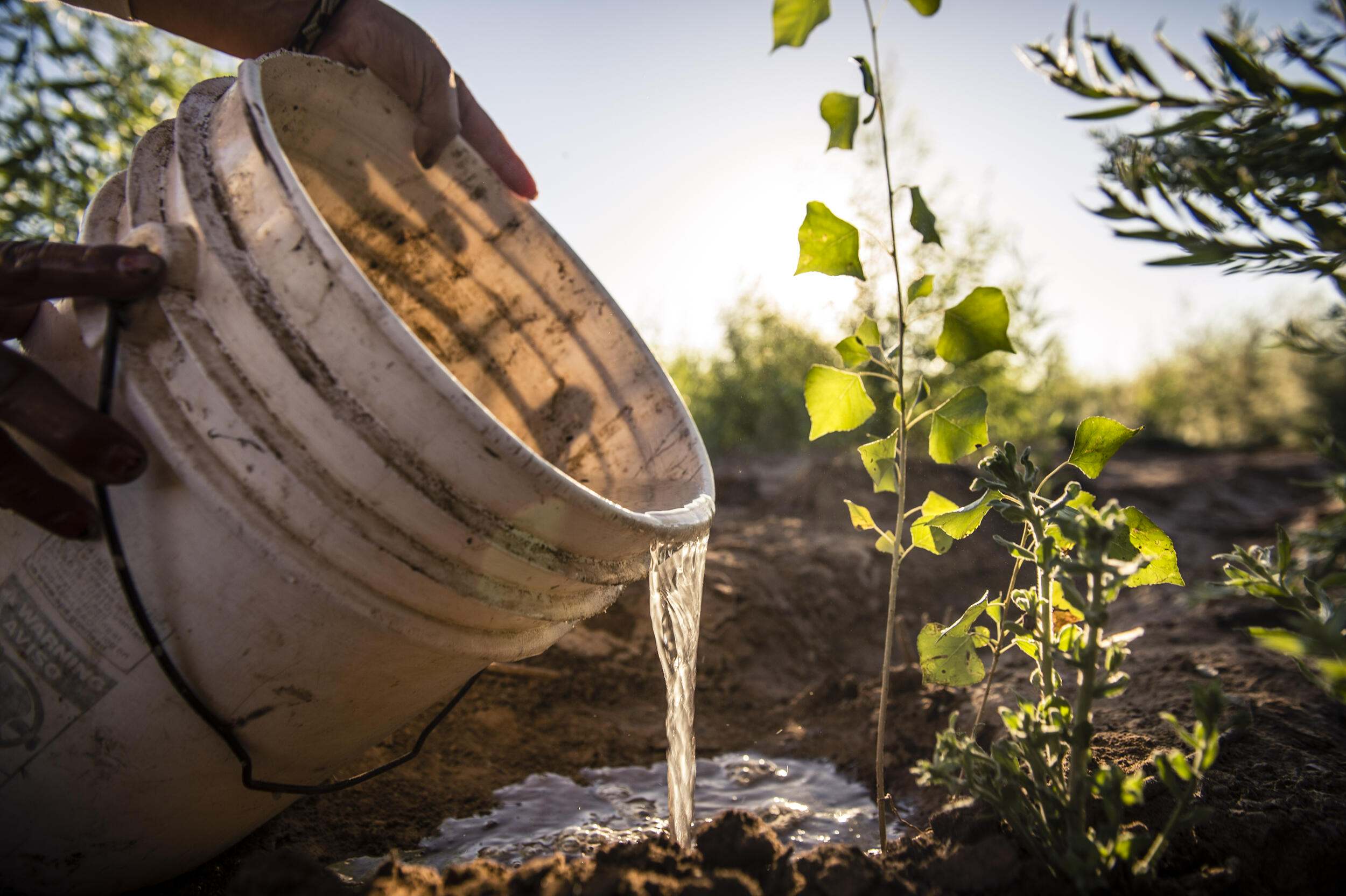Ecological Restoration is currently in the global spotlight. At present, billions of dollars are being poured into restoration projects globally. Unfortunately, funds to monitor restoration outcomes are not always included in these projects and rarely funded for more than two years. To prioritize more efficient use of limited resources, it is essential to have standardized guidelines that establish how much monitoring is useful to gauge project success.
OUR APPROACH: This working group will leverage existing restoration networks to locate projects that have collected data on restoration outcomes and conduct an extensive literature review. With these resources, the group will construct a database and apply a standardized format for the collection of data on ecological and socio-economic outcomes. The group will then analyze these data to determine whether long-term outcomes of restoration projects can be predicted from shorter-term data and discern if/how this differs by the metric under consideration and/or biophysical conditions. Finally, the group will track the monitoring costs relative to other project expenditures to evaluate the resources necessary to sufficiently monitor restoration outcomes.

- Collate and analyze long-term data on multifaceted outcomes of tropical forest restoration projects (carbon storage, biodiversity, socio-economic, etc.).
- Review restoration accreditation standards to identify what is required of projects in terms of monitoring, verification, and reporting, and identify synergies and gaps.
- Develop a freely available online tool for practitioners that provides monitoring protocols based on selected goals and analyzes data input in a standardized format.
- Integrate findings into broader initiatives to standardize restoration implementation and monitoring globally (e.g., UN Standards of practice to guide ecosystem restoration).
University of Minnesota
Missouri Botanical Garden
ETH Zurich
Forest Research Institute of Ghana
University of Minnesota
The Nature Conservancy
Conservation International
ETH Zurich
Saint Louis University
Ministerio de Ambiente y Energia, Costa Rica
University of Iowa
Australian National University
Wildlife Conservation Society
Charles Darwin Foundation
University of Sao Paulo
Food and Agricultural Organization
University of the Sunshine Coast and World Resources Institute
The Nature Conservancy
Environmental Leadership and Training Initiative
University of California, Santa Cruz